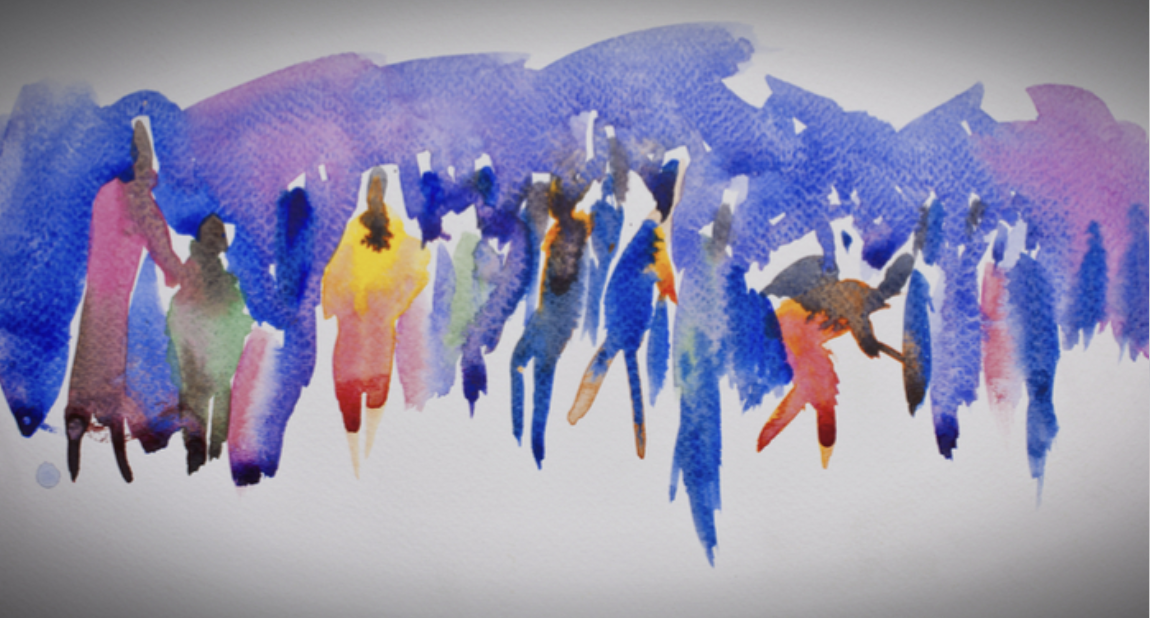标签: 被收养者的声音很重要
-

My day of reckoning with the Lutheran Church
Lynelle shares her healing journey thru a Direct Personal Response (DPR) with the Lutheran Church who gave a face to face apology for their role in her abuse.
-
被收养者的悲伤和禅修
Desiree 分享了她承认和拥抱在禅修中出现的悲伤和失落感的旅程。我们都试图找到治愈的途径。
-
敏感地应对被遗弃的恐惧
Lyla shares an awesome way her adoptive parents assisted her with abandonment fears – a rational fear all adoptees have borne out of losing their first family.
-
被收养者自杀
—
由
于 1993 Hague Convention, Abandonment and Rejection, Abuse in Adoption, Adoptee Anger, Adoption and Disability, Adoption Education for Adoptive Parents, Adoption Education for Professionals, Adoptive Country, Birth Country, Complexities in Adoption, Critical Thinking in Adoption, Grief and Loss, Impacts to Biological Families, Importance of Connections to Origins, Is adoption the best option, Lifelong Impacts of Adoption, Multiple Identities, Not Knowing in Adoption, 起源搜索, Racism in Adoption, Rights in Adoption, 韩国, Suicide, 跨种族收养, Trauma in Adoption希尔布兰德分享了放弃和收养的创伤以及与被收养者自杀的联系。